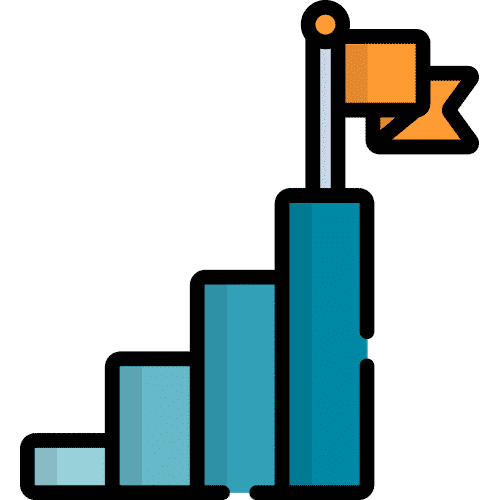An aphasia diagnosis can be life shattering for both the individual with aphasia and his or her loved ones. If your speech is affected, you may wonder whether it will go back to what is was like before the onset of aphasia and how much time it will take to see an improvement. The short answer is, it depends.
Aphasia is usually the most severe after a stroke or brain injury. Gradually, your brain will rewire itself and rebuild the connections that will help things like speech to improve. Some individuals experience a complete recovery within months while others will always have aphasia.
Unfortunately, recovery varies on an individual basis and there’s no way to predict how much you’ll improve. However, several studies show that even if you’ve had aphasia for years, you can continue to see improvements by using what is called an AAC or speech-generating device.
What is an AAC Device?
An augmentative and alternative communication (AAC) device, generally refers to a computer or tablet that helps someone with a speech and language impairment like aphasia to communicate with others. It allows someone to communicate by tapping on icons, words or phrases, by typing in a word and having the device “say it” out loud, by allowing a person to create a drawing, and by allowing the person to take pictures and share them.
Additionally, an AAC device can offer many therapeutic benefits. When someone uses a device to communicate, it stimulates the parts of that person’s brain responsible for language. Many AAC devices also offer built-in therapy exercises or can be set up to help that individual to practice words and phrases that are important to them. This can be critical considering that many individuals aren’t able to receive treatment from a speech therapist once the number of sessions their insurance company is willing to pay for is used up.
The Research on Aphasia and AAC Devices
In one study of individuals with severe expressive aphasia, all individuals saw improvement in natural language after five months of using a Lingraphica device. In another study that sought to show whether improvement was possible among elderly people with aphasia, users within every single age group saw measurable improvements – some as high as 12%. In yet another study, participants who had suffered a stroke five or more years ago showed a 25% improvement in their communication.
Despite the mounting evidence around the improvement users see with AAC devices, many myths prevail and prevent individuals from aphasia from trying an AAC device. While it is important to understand that improvement will vary from individual to individual, it is worth noting that most of the individuals in these studies saw some form of improvement.
So, can your speech improve? Most studies point to yes. All you need to do is take the first step toward trying an AAC device.
Lingraphica Can Help
We offer free one-on-one consultations to SLPs, caregivers, and people with aphasia who want to improve communication, but aren’t sure where to start. Call us now at 888-965-6005 or schedule a call.










I have live alone probably eight years ago diagnosed . Move to Florida near my sister and brother in law about two years ago. I have music therapy twice a month , my insurance doesn’t cover. I think worse talking since diagnosed .
I’m sorry to hear about your worsening speech, Susan. You might find some help in community by attending our free, online Virtual Connections sessions. You can join from anywhere and you will be able to meet individuals with aphasia from around the world! Each session is facilitated by speech therapists. You can register at https://virtualconnections.aphasia.com/. If you have any questions, please reach out to us!
Hi, can you help with global aphasia? My client had a stroke 4 years ago which destroyed her language centre and left her unable to speak. She has 2 speech therapy sessions a week but progress is very slow and she is quite challenged by using a tablet/iPad too so we need some help!
Hi Sam! Thanks for reaching out! Of course we can help. We’d like to hear more about your patient. Is she frustrated? Are there certain things she would like to say? Are there things that she responds to? Does she enjoy people? If the answer is yes to any of those things we can help you! Global aphasia is hard but our SLPs here have had a ton of experience with it. If you would feel comfortable giving us a call, it might be easier to chat over the phone. I’d suggest considering giving one of our devices a try knowing that one of our SLPs will get you set up, figure out with you where to start so she will be set up for success, and guide you through making this work for her. Click here to schedule a call with one of our speech therapists.